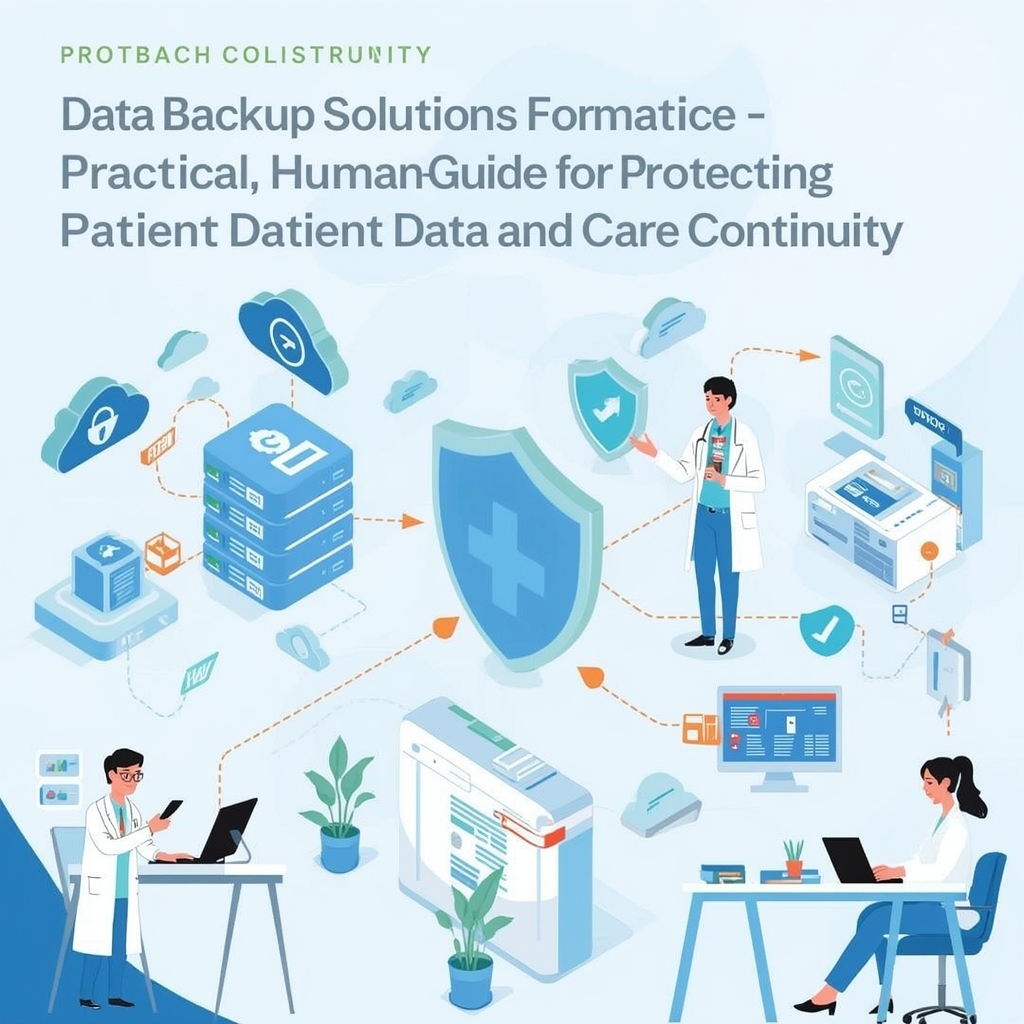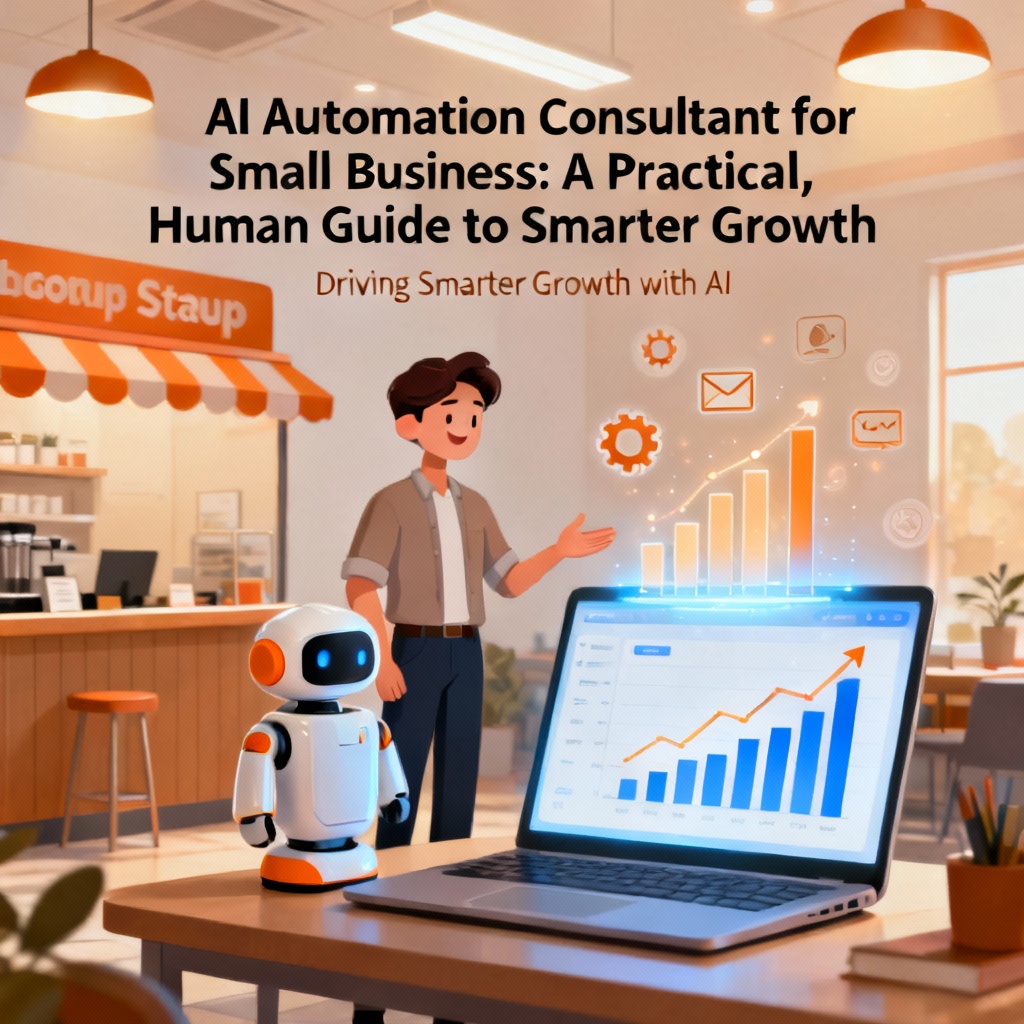iOS vs Android: Which Is More Secure in 2025?
In a digital world flooded with cyber threats, malware, and data breaches, smartphone security has become more important than ever. The big question millions of users still ask in 2025 is this:
Is iOS more secure than Android?
Both platforms have come a long way, investing heavily in features to protect your data. But when it comes to real-world use—privacy, app control, updates, and malware protection—iOS still holds a slight edge, though Android is rapidly closing the gap.
Let’s explore how iOS and Android compare in key areas of smartphone security in 2025.
iOS vs Android: Two Different Philosophies
At the heart of this debate is the core difference in design philosophy:
-
Apple’s iOS is a closed system. Apple controls both the hardware and software, which creates a more consistent and tightly secured experience across devices.
-
Google’s Android is open-source. While it allows more flexibility and innovation across brands like Samsung, Google, and OnePlus, this openness also introduces more security variables—and potential risks.
Operating System Updates: iOS Leads the Pack
Apple continues to dominate when it comes to pushing out timely updates. When a new version of iOS drops, over 80% of users install it within days—crucial for fixing vulnerabilities before they’re exploited.
Android has made strides, especially with Google’s Project Mainline and Android 15. But due to the many manufacturers using Android, updates still reach devices unevenly and often late. In 2025, around 90% of iPhones run iOS 18, while just 55% of Android devices are on Android 15.
App Store Security: Apple’s Walled Garden Still Wins
The Apple App Store remains highly curated. Every app must pass a strict review process before it goes live, dramatically reducing the risk of malware.
The Google Play Store is more open. While Google uses advanced AI like Play Protect to vet apps, bad actors occasionally slip through. Plus, Android’s ability to sideload apps from external sources adds risk—though newer warnings in 2025 help alert users to shady APKs.
Privacy and Data Protection: iOS Has the Edge
Apple has made privacy a central part of its brand—and it shows. iOS 18 includes:
-
App Tracking Transparency (apps must ask before tracking you)
-
On-device AI that minimizes data sent to the cloud
-
Private Relay for anonymous browsing
-
Advanced Safari tracking blockers
Google has made serious improvements, including the Privacy Dashboard, limited app access (scoped storage), and on-device AI for better privacy. Still, iOS enforces stricter default protections, while Android gives more control to those who know where to find it.
App Permissions and User Control: Android Shines
If you want full control over how apps interact with your phone, Android leads the way. You can:
-
Approve app permissions temporarily or one-time only
-
Monitor when apps accessed your camera, mic, or location
-
Deny clipboard access, block access to nearby devices, and more
iOS has caught up with features like app privacy reports and microphone indicators, but Android still offers deeper, more customizable control—especially for tech-savvy users.
Malware Protection: iOS Is Still Safer by Default
Most mobile malware continues to target Android. In fact, according to Kaspersky, 98% of mobile malware in 2024 was aimed at Android users.
Why the gap?
-
Android’s open ecosystem provides more entry points
-
Users often download apps from third-party stores
-
Security updates vary widely between devices
iOS’s tightly controlled App Store and system-wide sandboxing give it stronger resistance to malware—without the need for third-party antivirus tools.
Biometric Security: A Solid Tie
Both platforms offer strong biometric authentication in 2025:
-
iOS: Face ID, Touch ID, and secure data handling via the Secure Enclave
-
Android: Advanced facial recognition, fingerprint scanners, and security chips like Google’s Titan M2
Android devices like the Pixel 9 and Galaxy S25 match Apple’s hardware security when properly configured.
Final Verdict: Is iOS or Android More Secure in 2025?
While both platforms are highly secure, iOS still comes out ahead for the average user looking for strong out-of-the-box protection.
Why iOS Wins:
-
Faster and wider OS updates
-
Stricter app store review process
-
Better default privacy settings
-
Lower risk of malware
But Android Has Its Strengths:
-
Deeper app and privacy control
-
Transparent permission systems
-
Better suited for power users who want customization
How to Stay Safe on Any Smartphone
Regardless of which platform you use, here are a few universal tips to stay secure:
-
Always install updates as soon as they’re available
-
Download apps only from the official App Store or Google Play
-
Regularly review and manage app permissions
-
Use a screen lock and biometric login
-
Enable two-factor authentication (2FA)
-
Avoid public Wi-Fi unless you’re using a trusted VPN
In 2025, both iOS and Android offer robust security—but if your priority is hassle-free protection and maximum privacy, iOS is still the more secure platform for most people.










